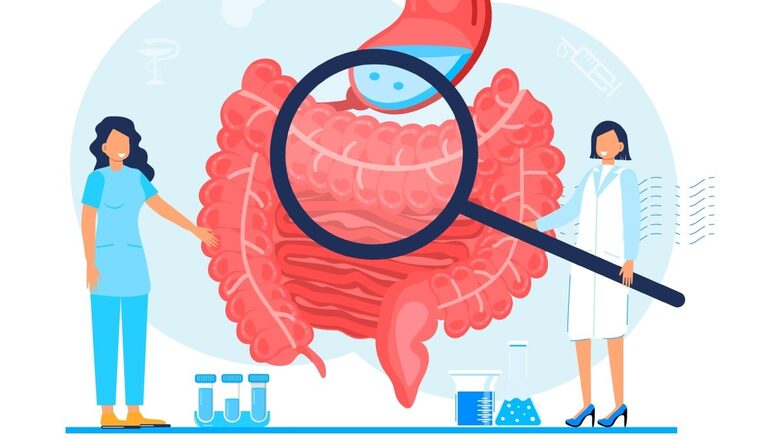
views
WORLD DIGESTIVE HEALTH DAY 2023: Digestion plays a vital role in maintaining our overall health. It is a complex process carried out by the gastrointestinal (GI) tract, where food is broken down, nutrients are absorbed, and waste is eliminated. Efficient digestion not only ensures proper nutrition but also contributes to a strong immune system and the optimal functioning of our organs. However, when our digestive system encounters disruptions, it can lead to the loss of essential nutrients, discomfort, and even severe health issues.
To emphasize the significance of maintaining a healthy GI tract, World Digestive Health Day (WDHD) is observed annually on May 29. This day serves as a global platform to raise awareness about digestive health and the prevention and management of digestive disorders.
World Digestive Health Day 2023: Theme
The theme of 2023’s WDHD event is “Your Digestive Health: A Healthy Gut From the Start.” The GI tract’s dietary requirements differ from infancy to adulthood. This theme highlights the significance of understanding the unique dietary requirements of the gastrointestinal (GI) tract at different stages of life, from infancy to adulthood. By gaining knowledge about the normal functions of the digestive system and what constitutes a healthy diet, individuals can better recognize the symptoms of GI disorders and make informed choices.
World Digestive Health Day 2023: Significance
WDHD is observed to make people aware of the importance of digestive health. The World Gastroenterology Organisation (WGO) conducts education campaigns, and training programmes about GI health, especially in developing nations.
Five Most-common Digestive Disorders
- Gastroesophageal reflux disease (GERD)In GERD, stomach contents including acid move back into the throat and mouth. This causes heartburn, chest pain, difficulty swallowing, nausea, chronic cough and difficulty lying down.
- Inflammatory Bowel Disease (IBD)Inflammatory Bowel Disease (IBD) encompasses two chronic GI tract inflammatory disorders, namely, Crohn’s disease and ulcerative colitis. These conditions are characterized by persistent inflammation in the digestive tract. Symptoms of IBD include abdominal pain, persistent diarrhoea, bloody stools and rectal bleeding, weight loss, and exhaustion. Crohn’s disease can affect any part of the GI tract and may lead to complications like strictures and fistulas.
- Chronic constipationChronic constipation is a prevalent GI tract problem characterised by irregular bowel movements and the passage of hard and dry stools less than three times a week. Constipated faeces can be painful to pass and may lead to tearing and bleeding, resulting in fissures and haemorrhoids.
- ColitisColitis refers to inflammation of the colon, which is the large intestine. Abdominal pain, tenderness upon touch, flatulence, loss of appetite, watery diarrhoea, fever, fatigue, blood in the stool, and weight loss are the common symptoms of colitis include. Colitis can be caused by various factors, including infections and inflammatory bowel diseases.
- Peptic UlcerPepsin, the primary digestive enzyme and stomach acids can cause an ulcerative wound in the mucosal lining of the GI tract. This type of ulcer typically occurs in the stomach or duodenum.




















Comments
0 comment